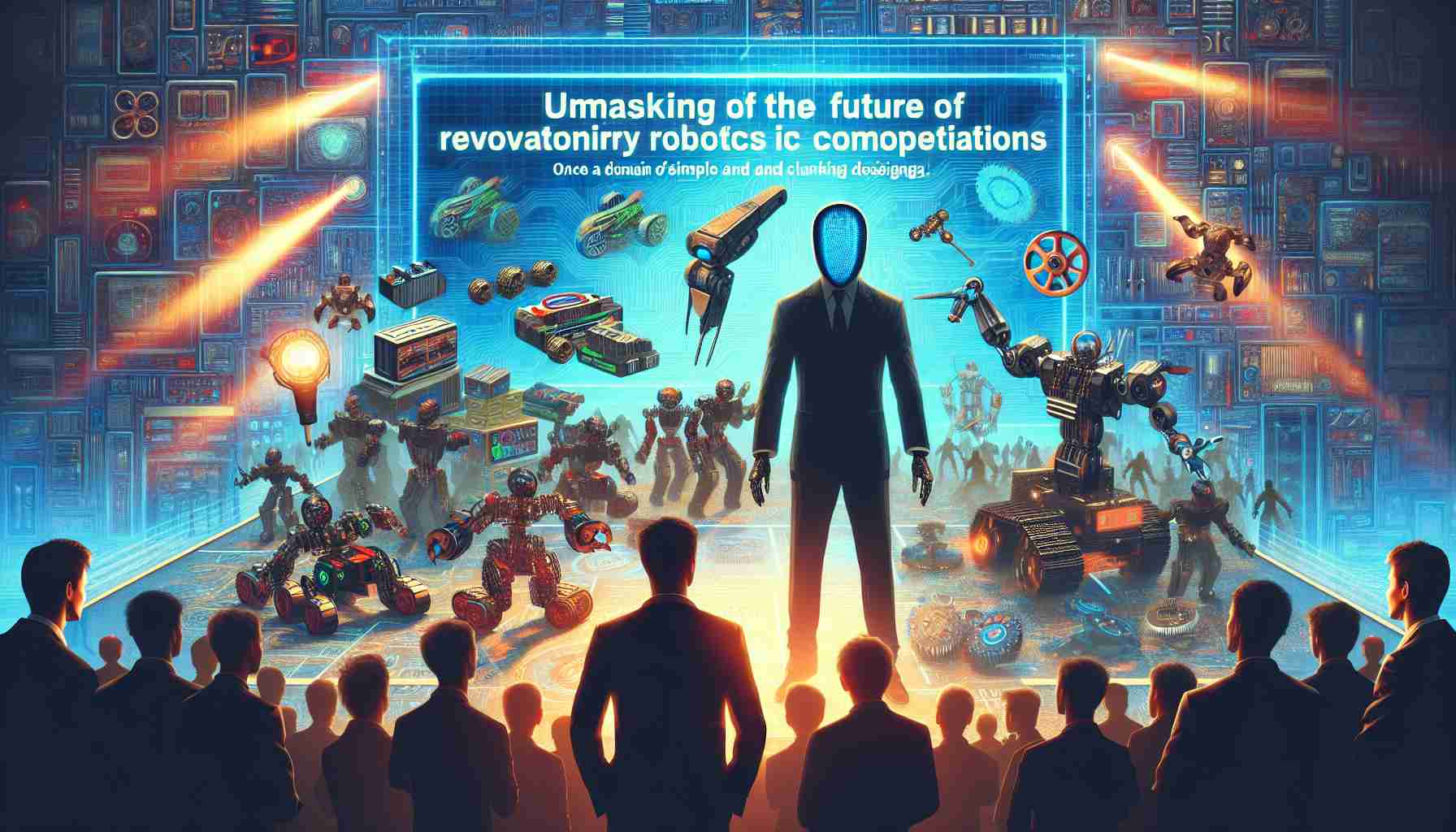In an unprecedented blend of music and technology, Drake’s recent concert in Melbourne has set a new bar for live performances, incorporating cutting-edge innovations that promise to transform how audiences experience music.
Drake’s tour stop in Melbourne wasn’t just about music; it was a full-fledged technological spectacle. The Canadian rapper partnered with a leading technology firm to create an immersive environment using augmented reality (AR) and virtual reality (VR) experiences. Attendees were equipped with AR glasses upon entry, which provided additional layers of visual content synchronized with his live performance. From 3D graphics to interactive elements that responded to crowd movements, the concert was designed to keep fans on their feet and engaged at every moment.
Furthermore, the introduction of a new real-time feedback app allowed fans to rate songs, interact with the artist, and even suggest setlist changes during quieter moments of the show. This feedback loop not only personalized the experience for each fan but also allowed Drake to adapt his performance in real-time, creating a concert that felt both unique and interactive.
These advancements signal a new era for the music industry, where technology bridges the gap between artist and audience, creating an interactive and dynamic concert experience. As artists and technologists continue to collaborate, the future of live performances is poised to become more engaging and personalized than ever before. Drake’s Melbourne concert may very well be the blueprint for concerts of the future.
How Drake’s Tech-Savvy Concert is Shaping the Future of Live Music
In an era where music and technology converge, Drake’s recent concert in Melbourne serves as a groundbreaking example of how cutting-edge innovations can redefine the concert experience. This event offers a glimpse into the future of live performances, leveraging technological advancements that could soon become industry standards.
Features and Innovations: A New Spectacle in Music
Drake’s Melbourne concert wasn’t merely a traditional music performance; it was an embodiment of technological artistry. By partnering with a leading technology firm, the concert introduced an immersive environment that engaged fans like never before. One of the standout features was the use of augmented reality (AR) and virtual reality (VR), offering fans AR glasses that enriched their experience with 3D graphics and interactive elements. These visuals were not just for show but were synchronized with the music, creating a dynamic visual and auditory spectacle.
Real-Time Interaction: A Game-Changer in Audience Engagement
The introduction of a real-time feedback app marked a significant shift in how audiences interact with live performances. This app allowed concertgoers to rate songs, interact directly with Drake, and even suggest changes to the setlist in real-time. This feedback loop gave fans a sense of agency and personalized their concert experience, as Drake adapted his performance based on the live inputs from the audience.
Market Trends and Insights
This integration of technology into concerts is part of a broader trend within the music industry. Artists are increasingly collaborating with tech firms to enhance live performances, recognizing the potential to create more engaging and customized experiences. This trend suggests a growing market for technology-driven concerts where fans can expect more interactive and tailored performances.
Predictions: The Blueprints for Future Concerts
Drake’s concert in Melbourne could very well represent the blueprint for concerts of the future. As artists and technologists continue to collaborate, it’s anticipated that live performances will become more interactive, with a strong emphasis on personalized fan experiences. This innovation not only enhances audience enjoyment but also allows artists to connect with their fans on a deeper level.
Sustainability and Security Concerns
While these technological enhancements present exciting possibilities, they also pose questions regarding sustainability and data security. The production of AR and VR devices and their environmental impact is a critical consideration for future implementations. Similarly, ensuring the security of real-time feedback apps is crucial to protect user data and maintain trust between artists and their audiences.
For those interested in how technology is reshaping the music industry, and perhaps curious about upcoming technological trends, keeping an eye on developments from firms invested in immersive concert experiences will be key. As seen in Drake’s Melbourne performance, such innovations are not only viable but are quickly becoming desirable elements for artists worldwide.
For more insights on how technology is influencing live performances, visit Billboard.

















